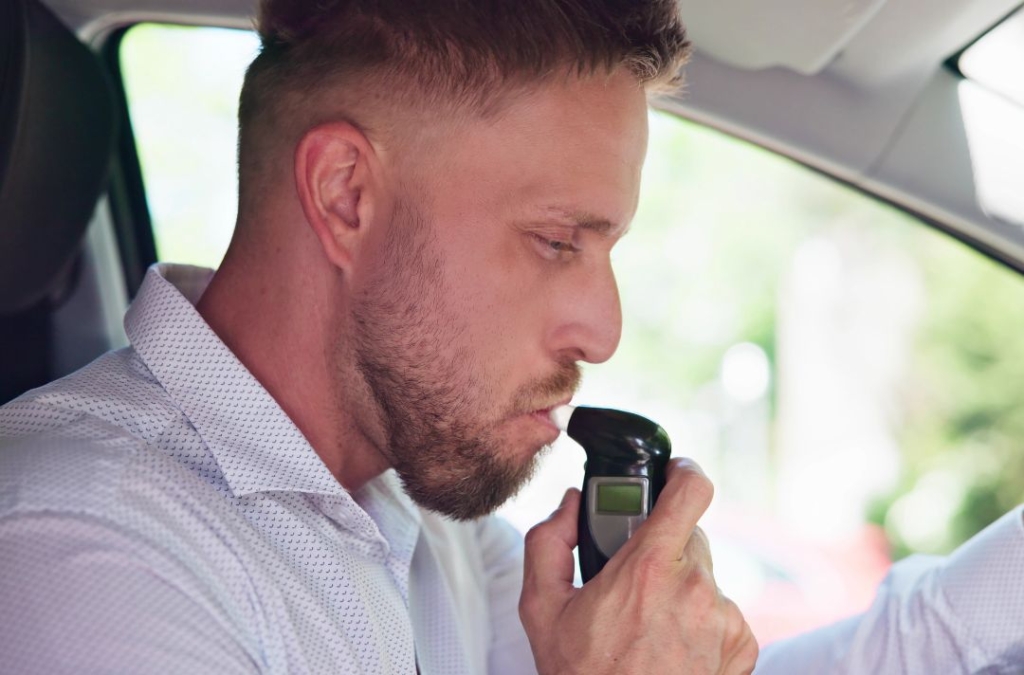Even though breathalyzers are frequently used to detect intoxication in cases of drunk driving, they aren’t completely precise. If you’re facing a DUI/DWI charge, knowing the situations where breathalyzers can give incorrect results might be essential for your defense.

Understanding Breathalyzer Function
A breathalyzer, whether it’s the handheld device used by law enforcement on the streets or the advanced model utilized in police facilities, assesses the alcohol concentration in exhaled breath. It aims to estimate your blood alcohol content (BAC), although an accurate BAC reading can only be obtained through a blood test.
What Leads to Inaccurate Results?
Research indicates that breathalyzer readings can deviate by at least 15% from actual blood alcohol levels. Approximately 23% of individuals tested have breathalyzer readings surpassing their true blood alcohol levels.
Various factors contribute to inaccurate readings, such as:
- burping or experiencing acid reflux
- vomiting
- usage of mouthwash
- following diets like Atkins or Paleo
- hypoglycemia
- recent intake of specific prescription drugs
- body temperature
- breathing rate
- human error
- improper machine calibration
Law enforcement officers acknowledge the susceptibility of breathalyzer tests to errors. Hence, many officers conduct multiple readings to enhance consistency. However, even with repeated tests, breathalyzer accuracy isn’t guaranteed.
When to Challenge Test Results
If your breathalyzer reading exceeds the legal limit significantly, disputing the test’s accuracy may not benefit your situation. Yet, if you blow just above the 0.08% legal threshold, contesting the test’s precision could lead to your case being dismissed.
Facing a DUI conviction carries severe ramifications, such as a criminal record, substantial fines, and increased insurance costs. Safeguard your future by retaining a competent criminal defense lawyer. Get in touch with us today to schedule a free consultation with a Virginia DUI attorney from the KGO Law Firm.



